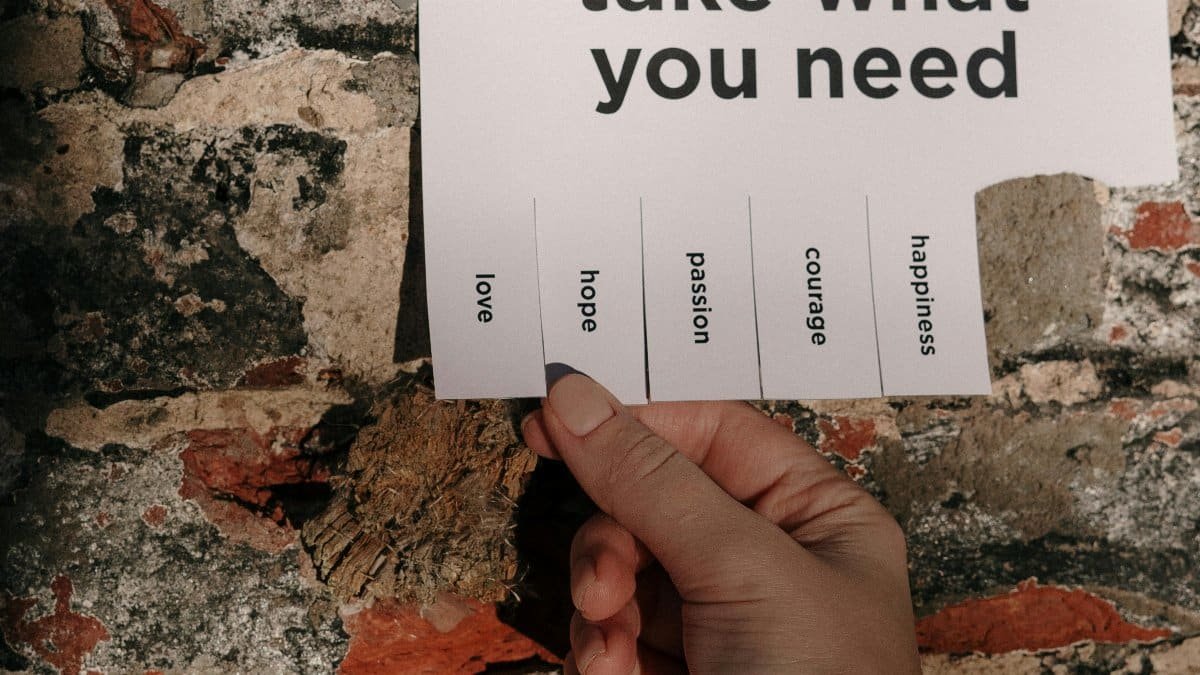The Hidden Gift of Relationship Pain
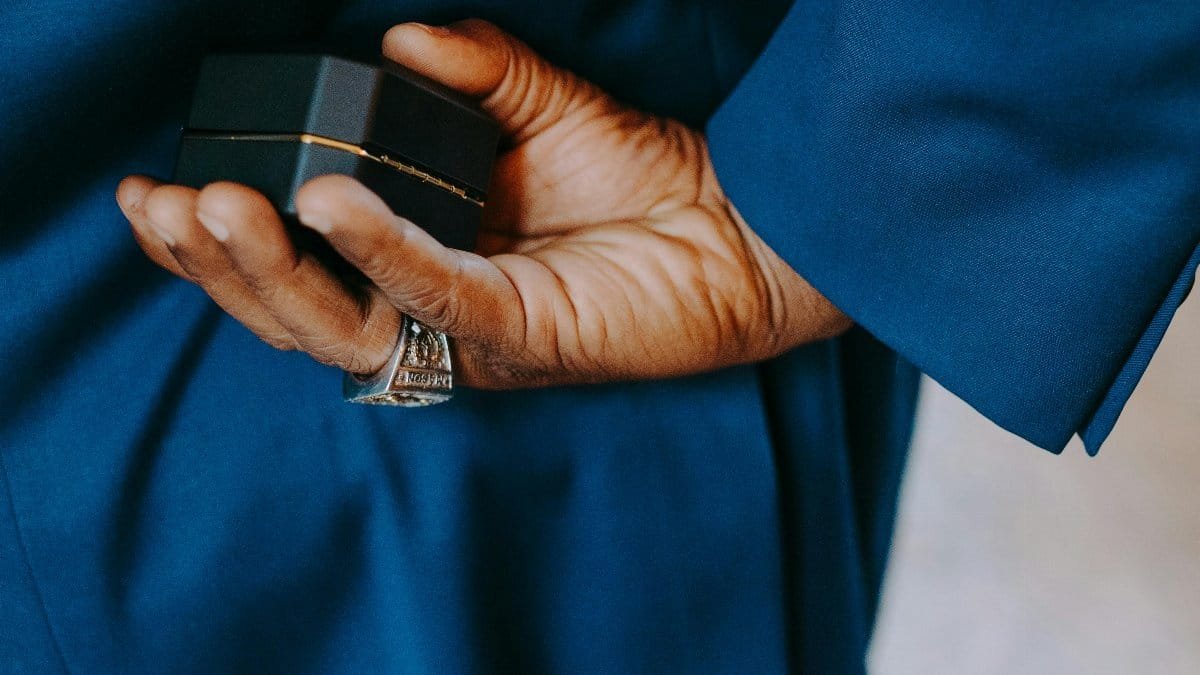
Love is supposed to feel good, right? At least, that’s what we’re taught. It’s supposed to be this effortless, joyful experience where two souls come together and complete each other. But if love is so magical, why does it sometimes hurt more than anything else?
I used to believe that love should never feel painful. That if it did, something must be wrong. But over time, I realized that love, more than anything else, has a way of pressing on the exact wounds we’ve spent years trying to hide. It doesn’t do this to break us—it does it to wake us up. The pain we feel in relationships isn’t random. It’s precise. It touches the deepest insecurities, the buried fears, the childhood stories we still carry, because love—real love—wants to heal us.
Love as a Mirror: Seeing the Wounds We Didn’t Know We Had
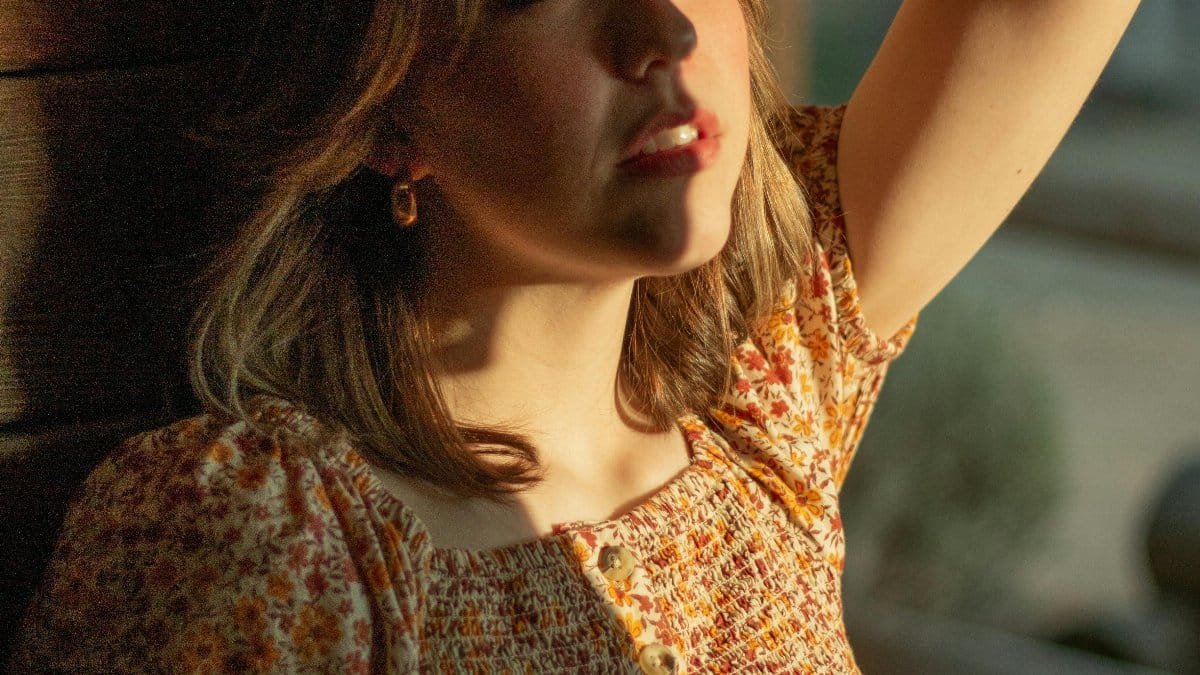
For most of my life, I felt inferior to others. Not in a way that was always obvious—I was successful in my career, social, and driven—but deep down, I carried this fear that people didn’t really understand me. And because they didn’t understand me, maybe I wasn’t enough. Maybe I was too different. Too much of an outsider.
When I met my wife, I didn’t expect this wound to surface. But love is a mirror, and in the moments when she would challenge me, when she would question something I said or call me out when I shut down emotionally, I felt it: that same childhood feeling of being misunderstood, of not being good enough. At first, I wanted to push back, to defend myself. But the more I resisted, the more I realized—this wasn’t about her. It was about me.
The Science Behind Emotional Triggers in Love
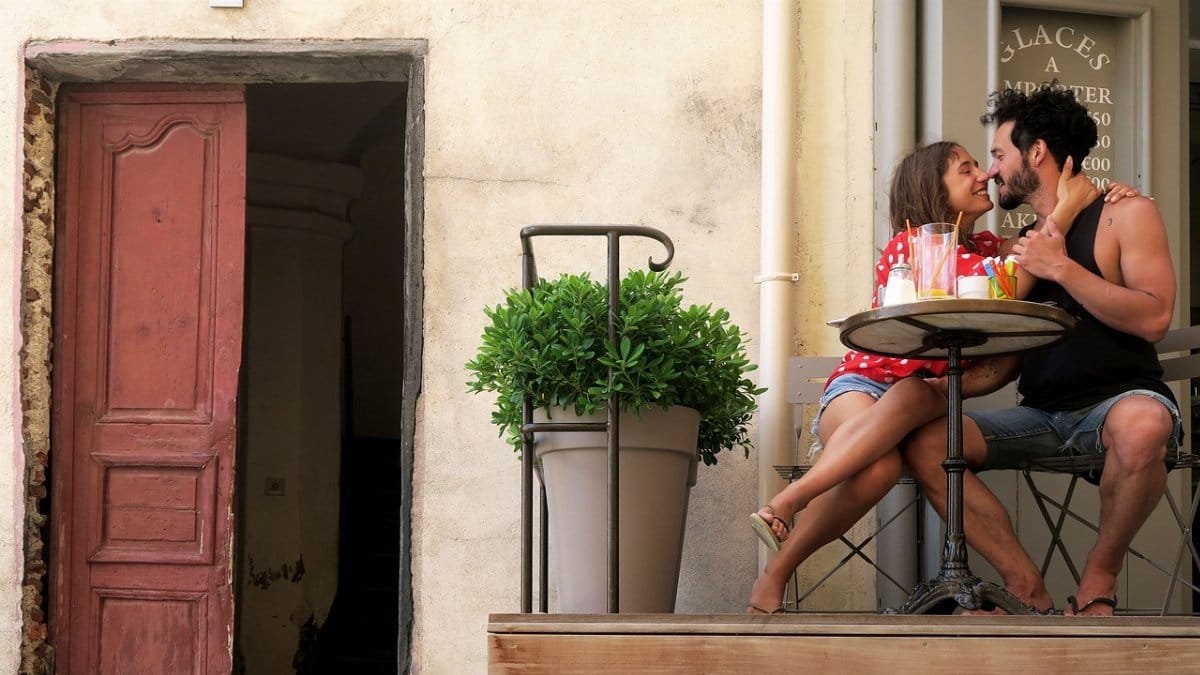
It turns out, love’s ability to bring up old wounds isn’t just some poetic metaphor—it’s wired into our brains. When we feel emotionally triggered in a relationship, the amygdala, the part of the brain responsible for fear responses, kicks into high gear. Neuroscientific studies from the National Institute of Mental Health (NIMH) show that the brain reacts to emotional threats in the same way it reacts to physical danger.
In other words, when my wife challenged me, my brain wasn’t processing it as a simple disagreement. It was processing it as a fundamental threat to my identity. But here’s the good news: just as the brain creates these emotional reactions, it can also rewire them. Studies show that mindfulness and self-awareness help reshape our neural pathways, allowing us to respond to relationship triggers with consciousness rather than reactivity.
Why Love Hurts Exactly Where You Need to Heal
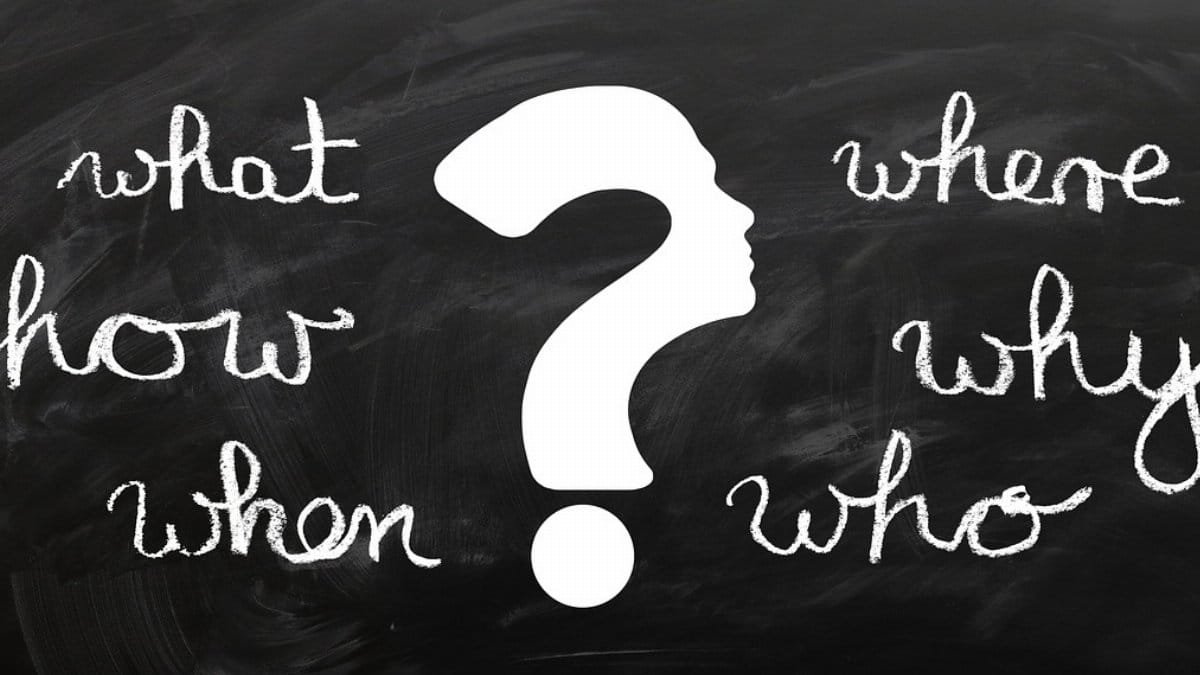
Love isn’t just about finding the right person—it’s about finding the right mirror. And that mirror will show you everything you need to see, even if you don’t want to. If you struggle with trust, love will place you in situations that challenge your ability to trust. If you fear abandonment, love will bring you to the edge of that fear. Not to punish you, but to heal you.
I used to think my wife was being too critical when she pointed out the ways I withdrew emotionally. But the truth? She was showing me something I had spent my whole life avoiding. That my tendency to pull away wasn’t just a habit—it was a defense mechanism I had built as a child, a way of protecting myself from the pain of not feeling fully understood. But in love, walls don’t protect us. They isolate us. And healing only happens when we stop hiding.
Healing the Inner Child Through Conscious Love
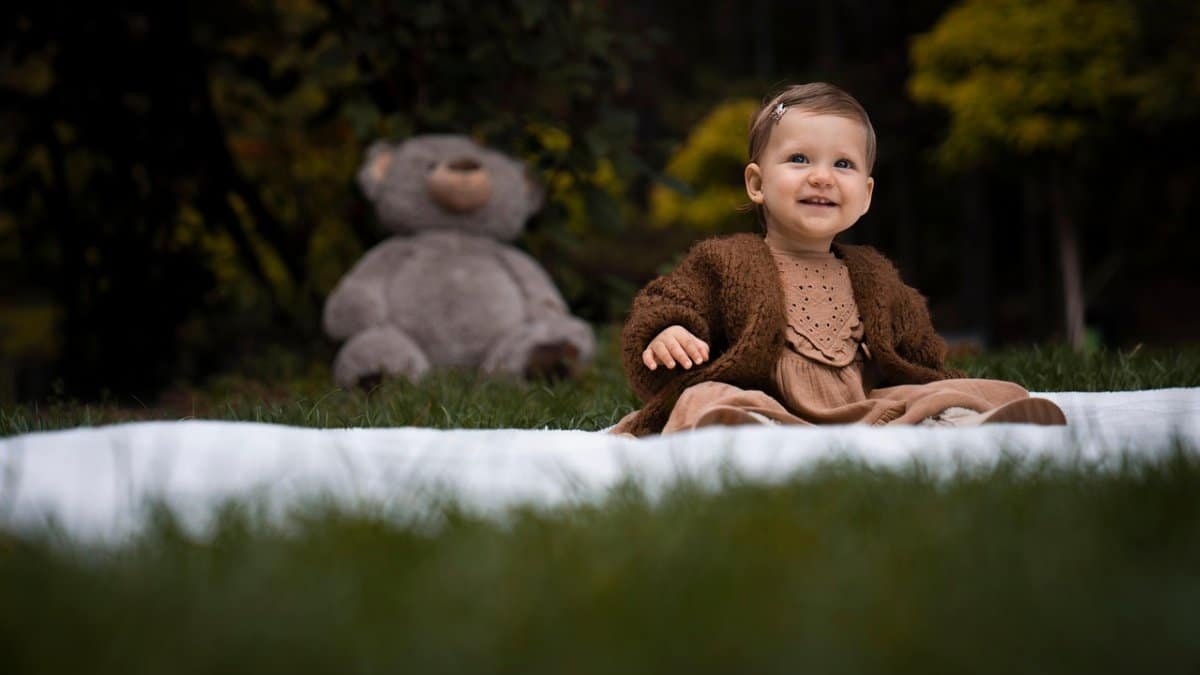
The wounds we carry into relationships rarely start in the relationship itself. They start in childhood. The way we felt (or didn’t feel) loved by our parents, the messages we received about our worth, the coping mechanisms we developed—all of these shape how we experience love as adults. And when those old wounds get triggered, it’s easy to assume our partner is the problem. But in reality, they’re just bringing the pain to the surface.
One of the most powerful healing practices I’ve found is speaking to the younger version of myself. When I feel misunderstood in my marriage, I pause. I place a hand on my heart. I close my eyes and imagine talking to the little boy inside me who always felt like he had to prove himself. I tell him, “You are enough. You don’t have to prove anything. You are loved exactly as you are.” And something shifts. The tension softens. The need to defend dissolves. The pain that once felt unbearable starts to heal.
The Role of Vulnerability: From Armor to Openness
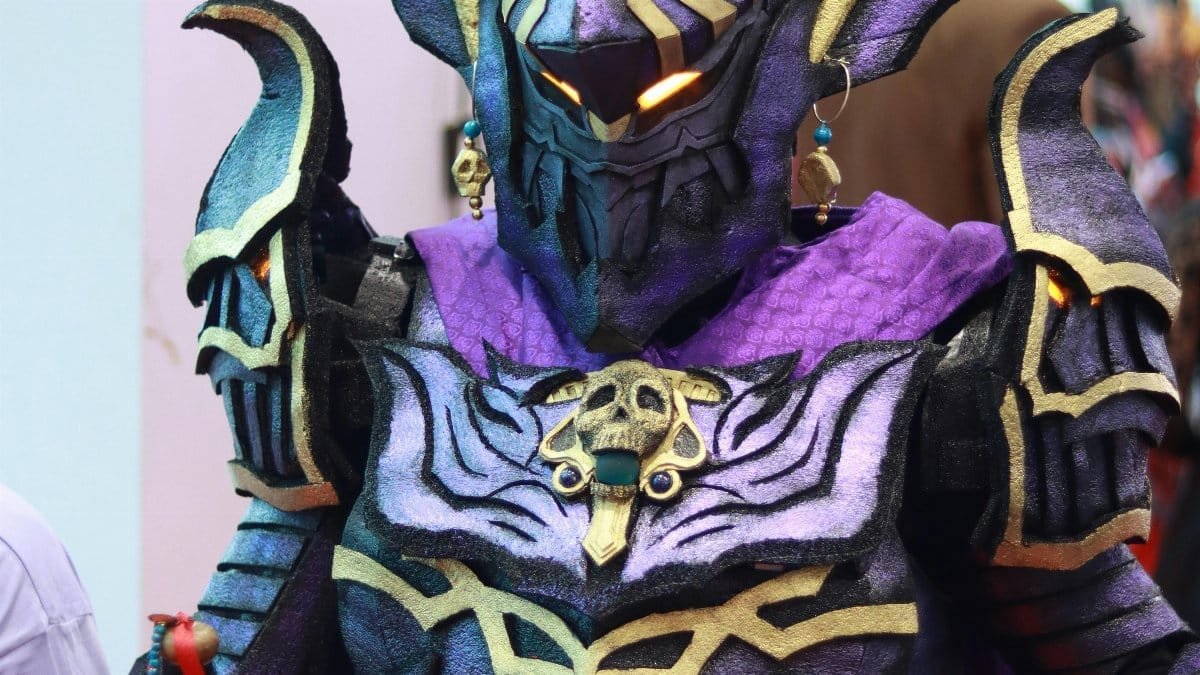
For years, I believed vulnerability was weakness. That if I let my guard down too much, I would lose control. But I’ve learned that real strength isn’t about avoiding pain—it’s about meeting it with an open heart.
Studies on emotional intimacy (Psychology Today on Vulnerability) show that couples who express their fears and insecurities rather than suppress them build deeper trust and resilience. Instead of pushing pain away, what if we leaned into it? Instead of retreating, what if we stayed open?
Love as a Spiritual Path
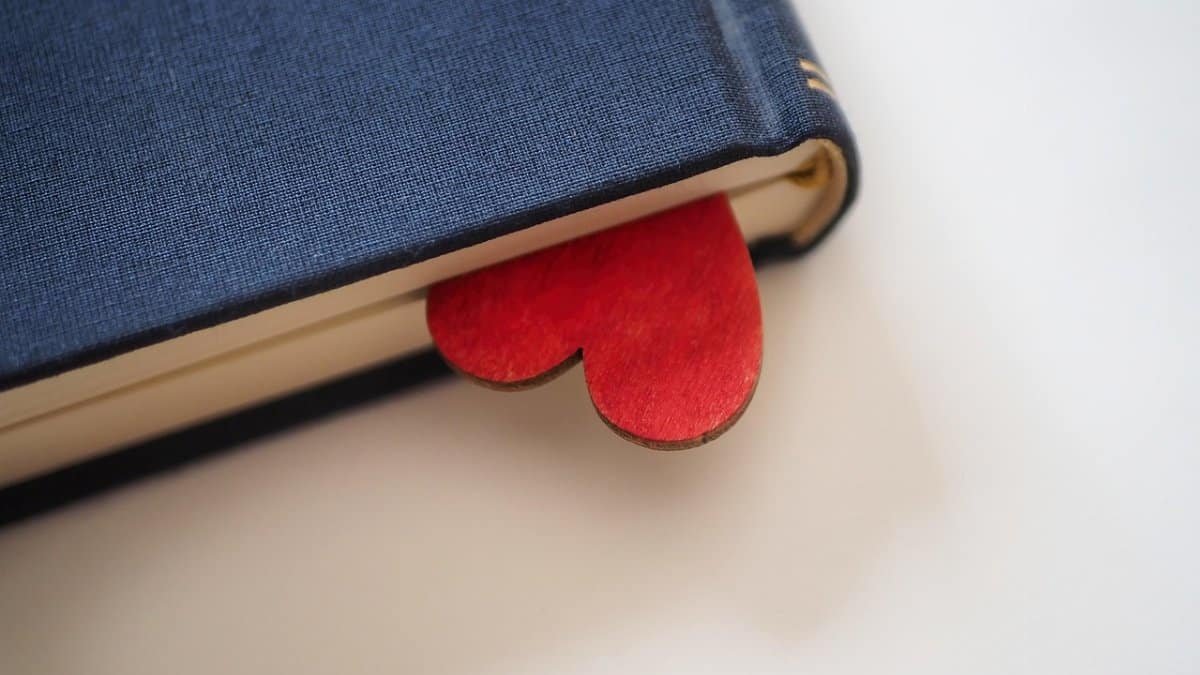
Zen teachings say that suffering comes from resistance, from clinging to how we think things *should* be rather than embracing what *is*. Love, when truly embraced, is not just an emotion—it is a path to awakening. It shows us where we are still asleep, where we are still afraid, where we are still holding on. And if we have the courage to face it, it can transform us.
So the next time love hurts, don’t turn away. Don’t numb yourself. Don’t assume something is wrong. Instead, ask: *Where is this pain guiding me? What is it asking me to heal?* Love is not here to break you. It’s here to set you free.
Want to deepen your journey? Explore EgoEase’s Meditation Timer or Forgiveness Tool for deeper healing practices.
Related Post: Embracing the Mindful Parenting Journey
